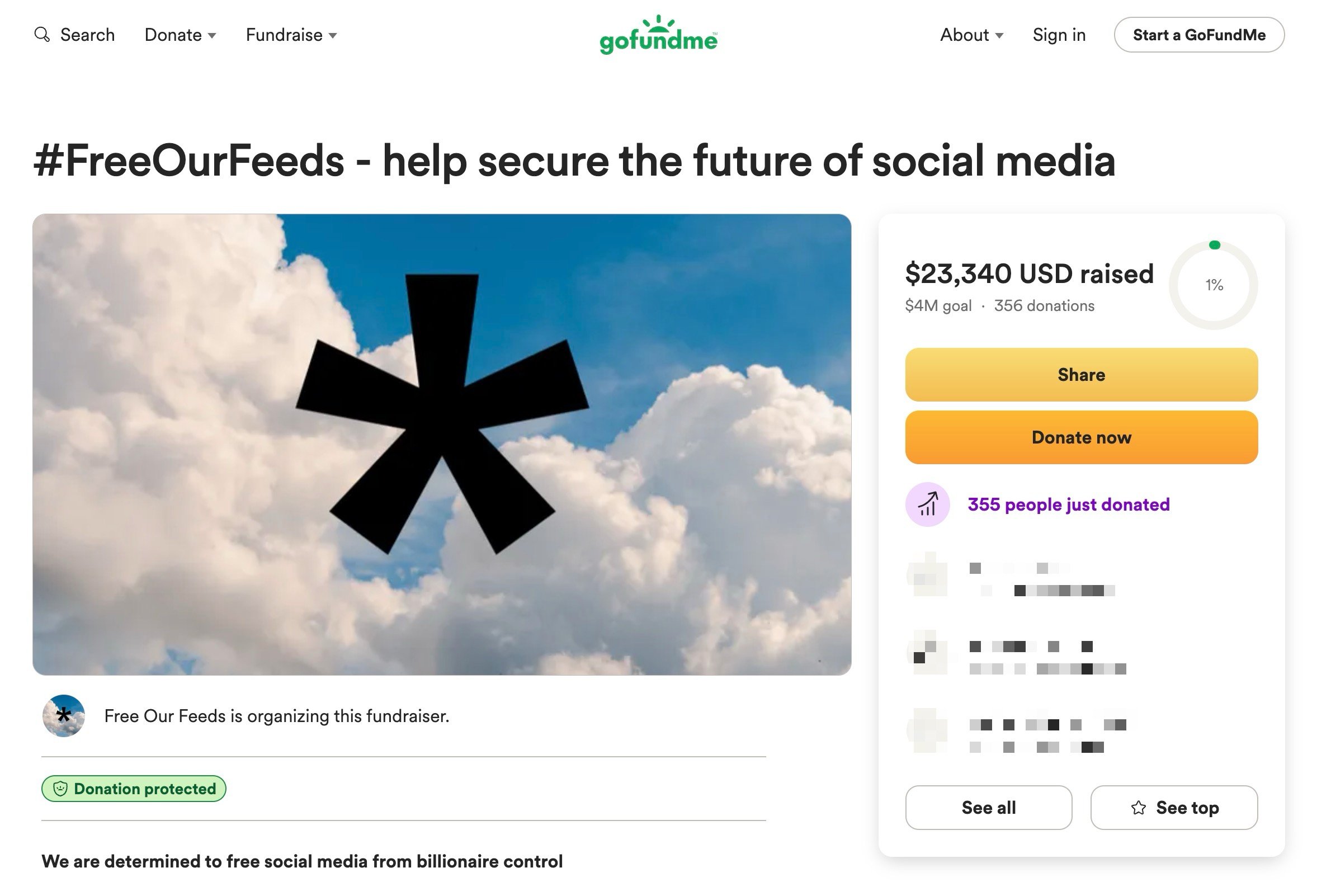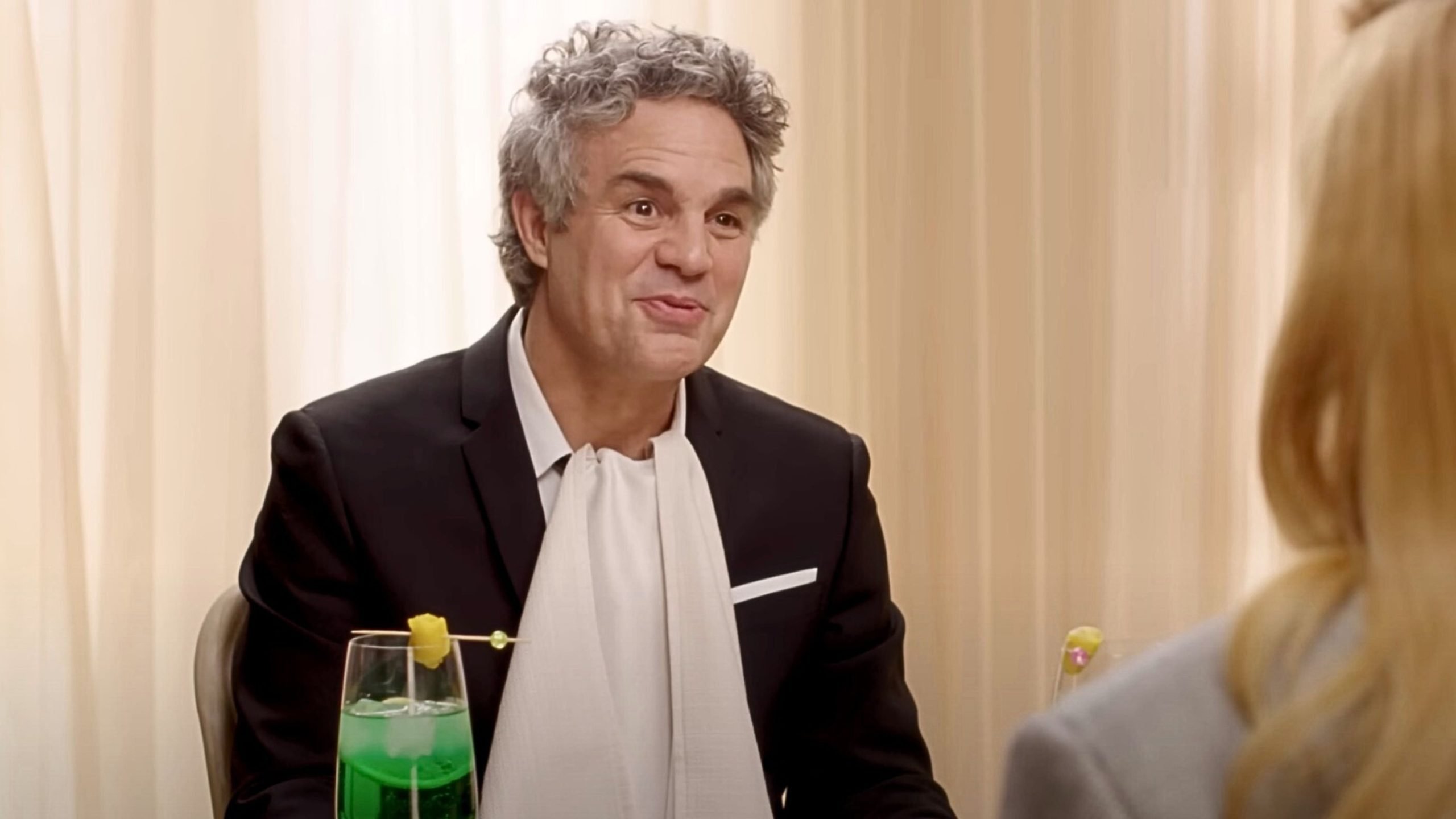A coalition of celebrities and tech figures—including actors Mark Ruffalo and Alex Winter, author Cory Doctorow, musician Brian Eno, journalist Carole Cadwalladr, writer and podcaster Akilah Hughes, and Wikipedia founder Jimmy Wales — have launched the Free Our Feeds initiative and are asking for donations to fund their idea. Their mission is to reclaim and expand the AT Protocol, the decentralized framework Bluesky operates on, in an effort to wrestle control from billionaires and corporate interests.
But what do these celebrities have in mind? Free speech? Likely not.
Bluesky, originally conceived within Twitter as a censorship-resistant social media platform, has drifted far from its founding principles. Designed to offer users an open, decentralized space for free expression, Bluesky was intended to prevent centralized control over online discourse. However, it has increasingly been influenced by advocates for stricter content moderation, undermining its foundational goal of safeguarding free speech.
Despite these intentions, the Free Our Feeds campaign might raise some eyebrows. The group is asking for $30 million over three years—starting with $4 million through a GoFundMe campaign—to fund a public-interest foundation. While decentralization is a promising concept, past examples like Mastodon and even Bluesky reveal how these platforms can quickly fall under the sway of those who seek to control speech. Decentralized technologies have been used to censor content and sever connections between platforms that support free speech, raising doubts about how truly independent these systems can remain.

Actor Mark Ruffalo, one of those who is part of the initiative, has previously called for heavy regulation of then-Twitter to combat “misinformation,” suggesting it should be treated as a public utility under government supervision.
In his documentary The YouTube Effect, Alex Winter, also a part of this new initiative, pushed for stronger content moderation and regulation of YouTube, criticizing the platform for enabling the spread of misinformation, conspiracy theories, and extremist content through its recommendation algorithms.
Like some of his partners, Wikipedia Founder Jimmy Wales has also long been critical of free speech policies.
The initiative includes tech figures like Mozilla Foundation executive director Nabiha Syed and former Facebook investor-turned-critic Roger McNamee, signaling a growing concern over centralized social media control.
Bluesky’s decentralized AT Protocol was supposed to allow seamless movement between platforms without losing data or connections. Yet in practice, Bluesky remains the sole major platform using the protocol, holding centralized control—a paradox for a system meant to resist control.
Technologist Robin Berjon acknowledged the challenge of raising funds for infrastructure, calling it “possibly the least glamorous thing you could be talking to people about.” He expressed optimism about combining celebrity influence with tech development but did not address concerns over whether this infrastructure could become another tool for content suppression.
Bluesky CEO Jay Graber has voiced support for the campaign, stating, “With Bluesky, we’re building an open network, and new organizations and partners building on the AT Protocol means that end users will have more choice and an improved experience. We’re excited to work alongside organizations like Project Free Our Feeds to increase adoption of the AT Protocol and open networks.”
Yet, the campaign’s first goal — developing a second relay for the AT Protocol to decentralize Bluesky’s control — could easily become another choke point for content censorship.
BlueSky and Mastodon once promised censorship-resistant social media through decentralization, offering users freedom from corporate control and strict moderation. However, as these platforms grew, many instances implemented stricter censorship policies, even blocking instances that didn’t censor speech as strictly. A decentralized network that is pro-censorship and blocks access to instances interacting with it is, like centralized platforms, of little use to free speech supporters.
It’s not clear what type of platforms these celebrities would like to see created but, based on past statements, it could easily end up as something similar to the old guard where the buzzwords of “hate speech” and “misinformation” are used to shut down speech. Only time will tell if this is the case, or whether they’re even able to get the project going.









